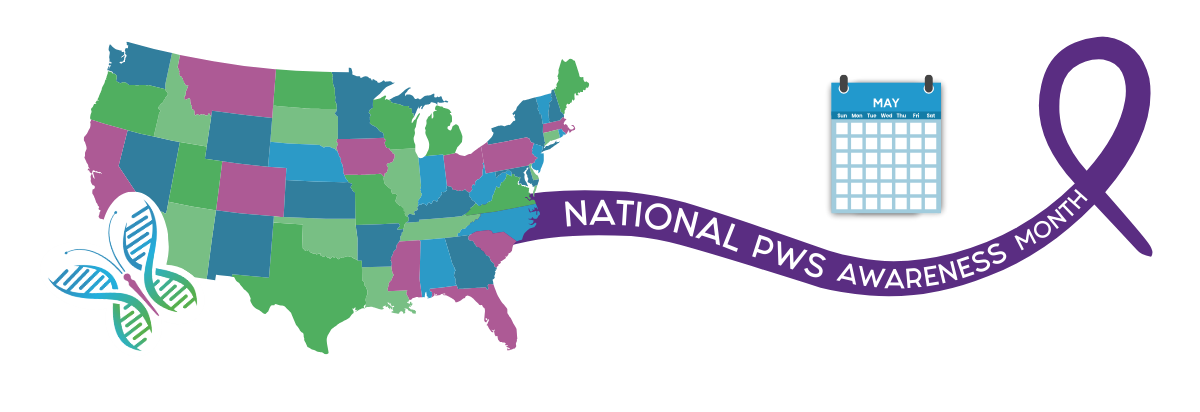
To celebrate PWS Awareness Month, PWSA | USA has added new merchandise to our online store! Show your PWS Pride during May, and all year long, with our Hope defined, PWS is RARE but HOPE is NOT, and Ask Me… About PWS items, including shirts, sweatshirts, water bottles, coffee mugs, hats, onesies, and so much more. Get yours TODAY by clicking HERE.
Our Spotlight on Hope series strives to share and celebrate the successes of our loved ones. No success is too small! Whether they took their first steps, had a great time at the school dance, made a shot in a basketball game, or are working towards a goal, we want to celebrate it all. If you’d like to honor your loved one and share their success story with the PWS community, please fill out our Spotlight on Hope form HERE. We’re looking forward to celebrating with you!
You can help spread awareness and support by downloading our PWS Facts Toolkit HERE. Equip yourself with vital information to educate others about this complex condition. Together, let’s raise awareness, promote understanding, and advocate for the PWS community. Download the toolkit now and make a difference throughout May!
New this PWS Awareness Month: United We Brunch
We are excited to introduce the United We Brunch initiative, a nationwide effort designed to bring people together to connect, share experiences, gain the resources, and support our community needs. United We Brunch is about fostering hope – one brunch, one state, and one family at a time – uniting communities and creating a ripple effect of awareness and compassion across the country.
Anyone can host a United We Brunch event! It’s easy and can be as casual or fancy as you’d like. From picking up muffins and putting on a pot of coffee to catering a high tea and arranging flowers, your time and imagination are the only limits.
You can host at home, partner with a family member, or even reserve a room at your favorite brunch spot. It’s all up to you!
With your help, we can grow this initiative so that every May, during PWS Awareness Month, there will be a wave of support that increases in momentum every year. Imagine knowing that every May, nationwide, new groups are gathering to help shine a light on PWS for all of us. It starts here, it starts now, it starts with you.
Raise Awareness for PWS and Critical Funds for PWSA | USA by Creating a Hope United Fundraiser!
YOU can help us become stronger and more united than ever by becoming a volunteer fundraiser!
In just minutes, you can create a personalized fundraising page in honor of a birthday, PWS Awareness Month, or even in memory of someone special.
Click the button below to get started and email hopeunited@pwsausa.org if you have any questions. Thank you for making hope happen!
May 15th is National PWS Awareness Day!
In 2023, U.S. Congressman Paul D. Tonko (D-NY) and Congresswoman Maria Elvira Salazar (R-FL) filed a joint resolution declaring May 15th PWS Awareness Day in the United States of America.
Thank you to our advocates, especially those who shared our PWS Awareness Day ask on Capitol Hill at the September 2022 D.C. Fly-In, for working hard to make this milestone happen. We are hopeful this additional spotlight on our rare disease community will help further and open new doors for the advancement of treatments.
Follow PWSA | USA on social media!
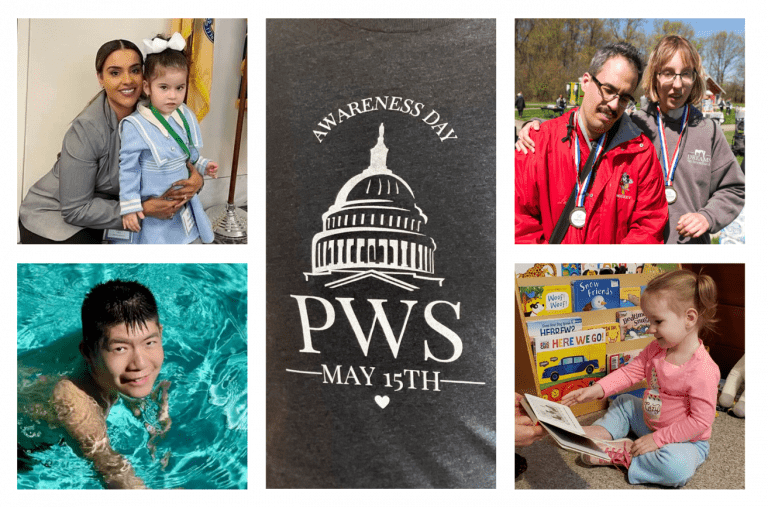
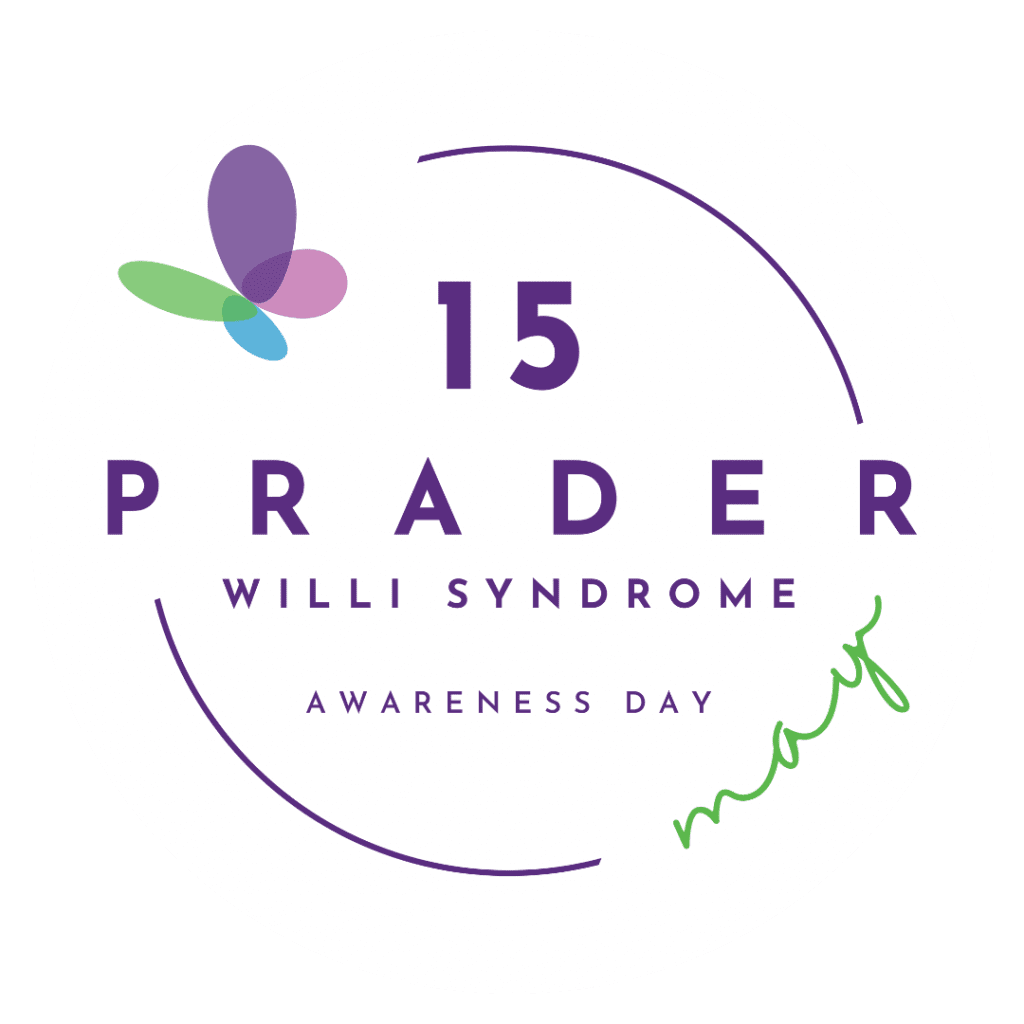
We are excited to share the official National PWS Awareness Day design! We extend a special thank you to volunteer Melissa Pito for her exceptional efforts in crafting this artwork, which serves as a powerful symbol of awareness on this significant day. We encourage you to download the artwork at the buttons below to print on apparel or share anywhere else you want to spread awareness!
When the image opens, right click on the image, then select “save image as…” You can then save it to your computer.
The SVG and PDF files are the best for printing purposes. If you’d like a JPEG version of this graphic to share on social media, please reach out to communications@pwsausa.org.
PWS Awareness Month Graphics Toolkit
Social Media
Important Update: We’re currently working to resolve an issue with our PWS Awareness Month/Day graphics downloading as WEBP files instead of JPEGs. If you’d like JPEG versions to share on your social media, please reach out to us at communications@pwsausa.org, and we’d be happy to send you a zip file. Thank you for your patience and understanding as we get this fixed!
Instructions: The below button will take you to a graphic design application called Canva. You must create a Canva account to edit the graphic if you don’t have one already. You can learn the next steps by clicking the “Instructions” button below.
Instructions: Click the button below and the image will open. Right click on the image, then select “Save image as…” You can save the image directly to your computer desktop, then upload as your new social media profile photo!
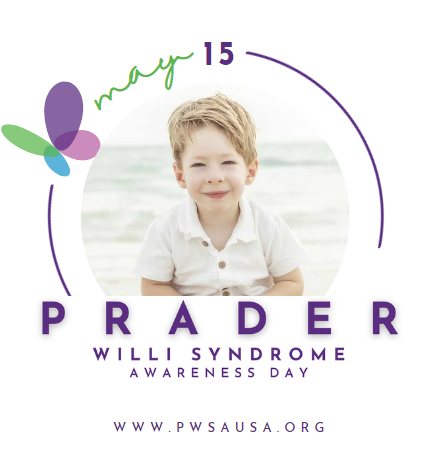
Instructions: Click the button below to be directed to a Canva link. You must create a Canva account to edit this graphic (Canva accounts are free to create). To add your own photo to the profile graphic, read the directions provided on the first page.
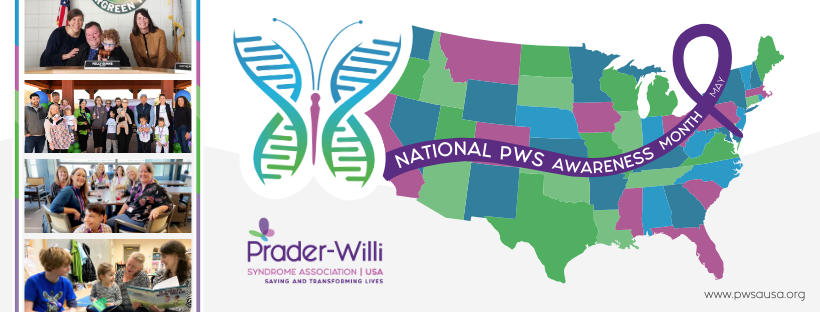
Instructions: Click the button below and the image will open. Right click on the image, then select “Save image as…” You can save the image directly to your computer desktop, then upload as your new social media cover photo!
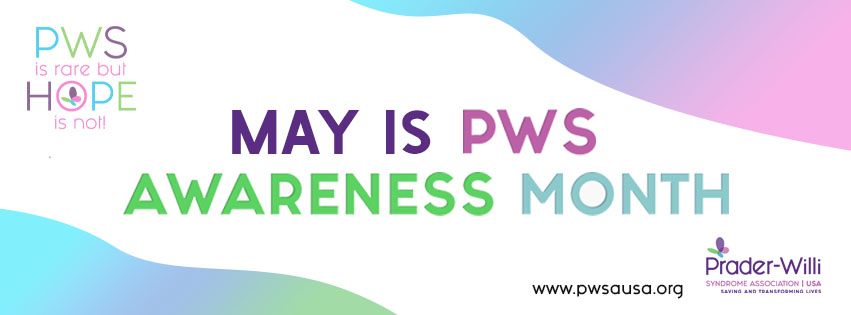
Instructions: Click the button below and the image will open. Right click on the image, then select “Save image as…” You can save the image directly to your computer desktop, then upload as your new social media cover photo!
Instructions: Click the button below and the image will open. Right click on the image, then select “Save image as…” You can save the image directly to your computer desktop, then upload it as your new Zoom background!
Print Materials
Instructions: Click the button below and a link with the flyer PDF will open in a new tab. You will either see a download button or a down-pointing arrow at the top of the screen. Click that and the flyer PDF will download to your computer.
Instructions: Click the button below and a Canva link will open. You must have or create a Canva account to edit this document. Before making any edits, please duplicate the flyer graphic by clicking the “+” button (2nd button above the flyer graphic). This way, anyone else who has already created a flyer can keep their design. Once you have created your duplicate design, you can edit the text at the top of the flyer to include your loved one’s name and PWS story. You can also upload your own photo in the square at the top. Once you’ve edited the document how you like it, click “Share” at the top of the screen, then “download.”
PWS Awareness Month Yard Sign
Download PWSA | USA’s PWS Awareness Month yard sign by clicking the button below. You can then send the PDF file to your local printer and proudly display it in your yard! You could even see if your loved one’s school or community center would be willing to add a few to their property.

PWSA | USA's Resource Hub Offers Helpful Documents You Can Print and Share
While the Resource Hub mostly includes helpful publications for parents/caregivers, siblings, and grandparents, these resources are available for anyone and everyone to use.
Publications in the Resource Hub are free to download and print. Members of our Family Support Team and PWSA volunteers created these documents over the years, and they have now been compiled into one easy-to-navigate space! The Resource Hub will continue to grow, with new documents, booklets, brochures, cards, etc. If you are looking for items to print for your school, community center, events, etc. during PWS Awareness Month, this is a great place to look!
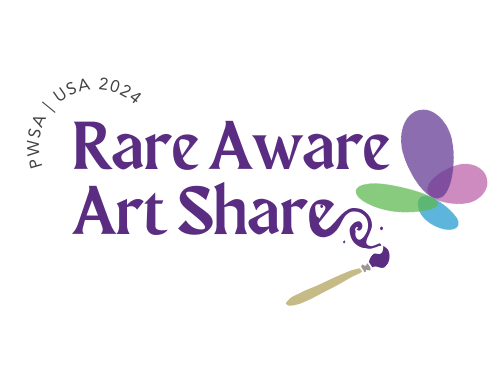
We are excited to share the artwork submitted for PWSA | USA’s Rare Aware Art Share! This virtual art show aims to spotlight the voices of individuals with Prader-Willi syndrome. We hope these pieces offer an opportunity to learn more about each individual, their lives, and their experiences as someone with PWS. Through this art show, our community and beyond can gain a deeper understanding of our loved ones with PWS, while offering them a space to be seen and heard.
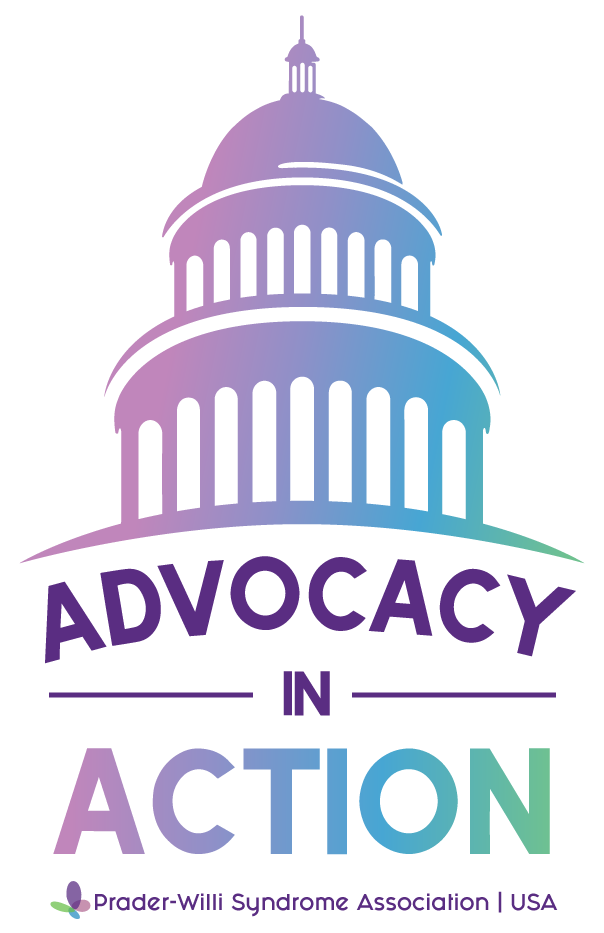
Make Your Voice Heard This May – Advocate for the PWS Community!
Your voice can make a difference in shaping policies that impact individuals with PWS. Whether you’re new to advocacy or a seasoned advocate, we have simple and impactful ways for you to get involved!
🔹 Take Action with Our Letter Templates – Send a letter to your elected officials supporting critical legislation or requesting a meeting. We’ve made it easy – just personalize and send! Click the button below to find our letter templates.
🔹 Find & Contact Your Representatives – Use our interactive map (found at the button below) to connect with your elected officials and let them know why PWS advocacy matters.
🔹 Request a PWS Awareness Proclamation – Ask your local or state government to officially declare May as PWS Awareness Month or May 15th as PWS Awareness Day in your state. Check out past success stories for inspiration by clicking here.
🔹 Use the Advocacy Toolkit – PWSA | USA and Patients Rising have created a comprehensive toolkit to help you prepare for meetings, host an elected official, write op-eds, testify at hearings, and more! Download the toolkit here.
🔹 Join the PWSA | USA Advocacy Work Group – If you’re not sure where to start, we’re here to help! Email advocacy@pwsausa.org to connect with our advocacy team and get plugged in.
Together, we can make a real impact for the PWS community. Get involved today!
PWS Awareness Month Proclamation Toolkit – Now Available!
Make an impact this May by securing a PWS Awareness Month or PWS Awareness Day (May 15th) proclamation in your city or state! Our Proclamation Toolkit provides everything you need to take action, including step-by-step guidance, sample cover letters for reaching out to local and state officials, and inspiring success stories from PWS families who have done it before.
This is an easy yet powerful way to raise awareness for Prader-Willi syndrome in your community, and we encourage everyone to get involved! If you receive a proclamation, be sure to share it with us so we can celebrate with you.
For questions, email: advocacy@pwsausa.org
Send proclamation photos to: communications@pwsausa.org
Let’s work together to make PWS awareness visible across the country!
What is Prader-Willi syndrome (PWS)?
Prader-Willi syndrome (PWS) is a variable and complex genetic disorder resulting from an abnormality on the 15th chromosome. It occurs in males and females equally and in all races. PWS is diagnosed in 1:15,000 to 1:25,000 newborns each year.
Key features include:
Insatiable Hunger: A distinctive trait of PWS is an unending appetite. This, paired with a slowed metabolism, often leads to significant weight challenges.
Muscle & Growth: Individuals with Prader-Willi syndrome typically have weak muscle tone and less muscle mass. They also often grow to be shorter than average if they don’t receive the right treatment.
Cognitive Aspects: People with PWS can face learning disabilities, making everyday tasks a little bit tougher.
Behavioral Challenges: People with Prader-Willi syndrome often face various behavioral challenges. These can include frequent temper tantrums, compulsive skin picking, stubbornness, and obsessive-compulsive behaviors. Managing these behaviors requires patience and understanding.
Sleep-Related Issues: Individuals living with PWS often experience sleep-related issues including Excessive Daytime Sleepiness (EDS) and Narcolepsy
PWS is rare and many have not heard of it. There are very few medical specialists familiar with PWS. However, Prader-Willi Syndrome Association | USA is here to offer support and hope to families who are newly diagnosed and throughout your journey with PWS! Our website is full of resources on PWS and we have a dedicated staff standing by ready to assist you 24-hours a day, 365 days a year.
Frequently Asked Questions
Abnormalities on chromosome 15 cause Prader-Willi Syndrome (PWS). This happens 3 different ways:
- Gene Deletion: In many cases, critical genes on a portion of the father's chromosome 15 are missing. This is the most common cause.
- Uniparental Disomy: The child has two copies of chromosome 15 from the mother instead of one from each parent.
- Imprinting Mutation: In less than 3% of cases, there is an imprinting mutation on the father's chromosome 15. The genetic material is there but remains inactive.
PWS varies from person to person but commonly affects the brain, particularly the hypothalamus. This leads to symptoms like:
- Weak muscle tone (hypotonia) from birth.
- Poor sucking in babies, causing feeding difficulties.
- Swallowing problems with saliva and food.
- Overeating (hyperphagia) due to the brain not signaling fullness, potentially causing severe obesity. This starts between 2-4 years old.
- Short height if not treated with growth hormones.
- Bone issues like hip dysplasia and osteoporosis.
- Delayed sexual development.
- Learning difficulties and developmental delays.
- Frequent behavior problems.
- Sensitivity to certain medications.
- High pain tolerance, possibly missing injuries like fractures.
- Digestive problems, including constipation and rare cases of stomach issues after binge eating.
- Breathing problems during sleep, like sleep apnea.
- Trouble regulating body temperature.
Doctors use unique genetic tests that analyze blood and saliva to identify PWS. These tests can be costly as they require specialized lab processing.
The best first test is DNA Methylation Testing, which detects over 99% of PWS cases and checks for all three genetic subtypes. The FISH test is useful but can't identify all subtypes, so it's not the preferred initial test. Chromosome Microarray testing is also effective, especially for detecting chromosome deletions and uniparental disomy (UPD).
Prader-Willi Syndrome (PWS) usually doesn't run in families. It happens because some genes on chromosome 15 aren't working right. This happens if a part of chromosome 15 from the father is missing. It can also occur when the child gets two chromosome 15s from the mother or if the genes from both parents aren't working right.
Scientists are always looking for new ways to treat the syndrome so children and adults can have a better quality of life. However, at this time there is no cure for Prader-Willi syndrome.
In 2000, the Federal Drug Administration approved Human Growth Hormone (HGH) for patients with Prader-Willi Syndrome (PWS). Studies show that HGH offers several benefits. It not only helps increase height and reduce body fat, but also boosts stamina and bone mineral density.
Many individuals with the syndrome participate in a variety of therapies, including physical, occupational, and speech therapies.









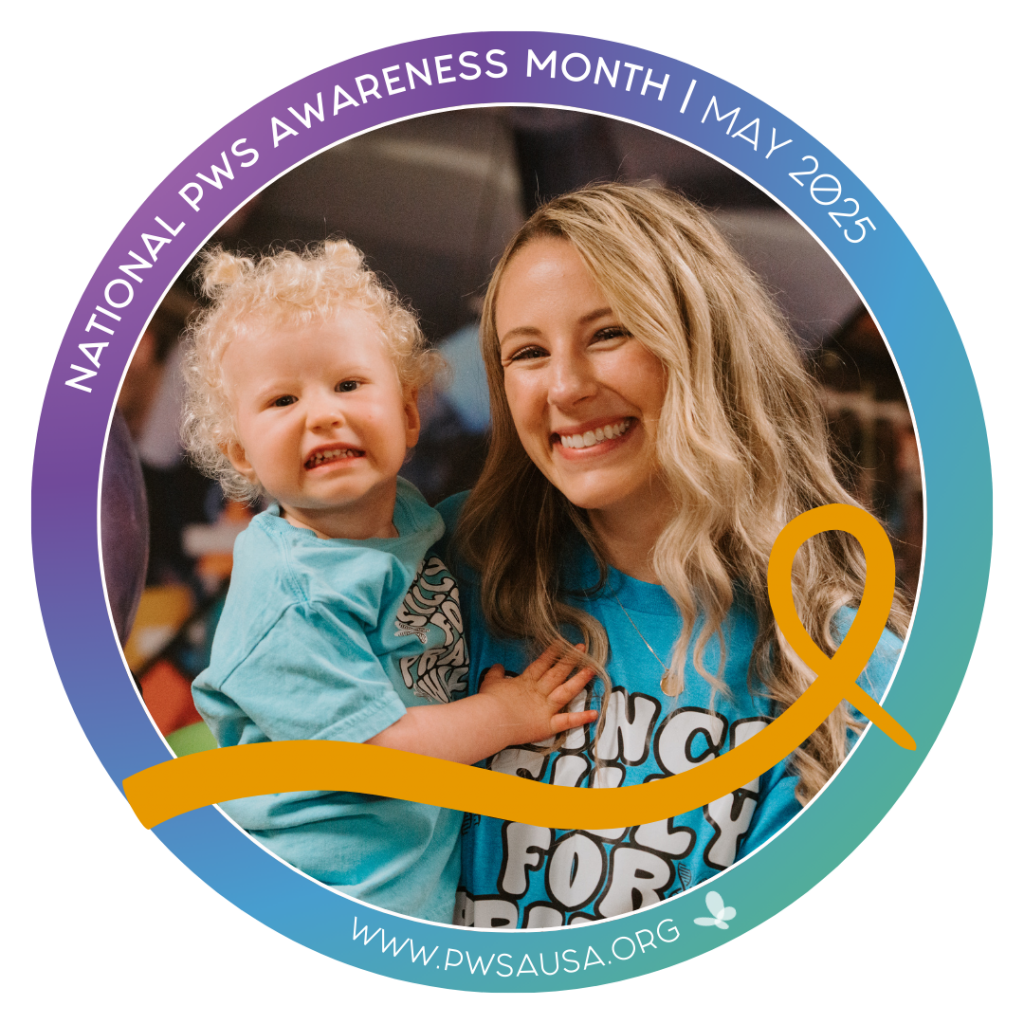
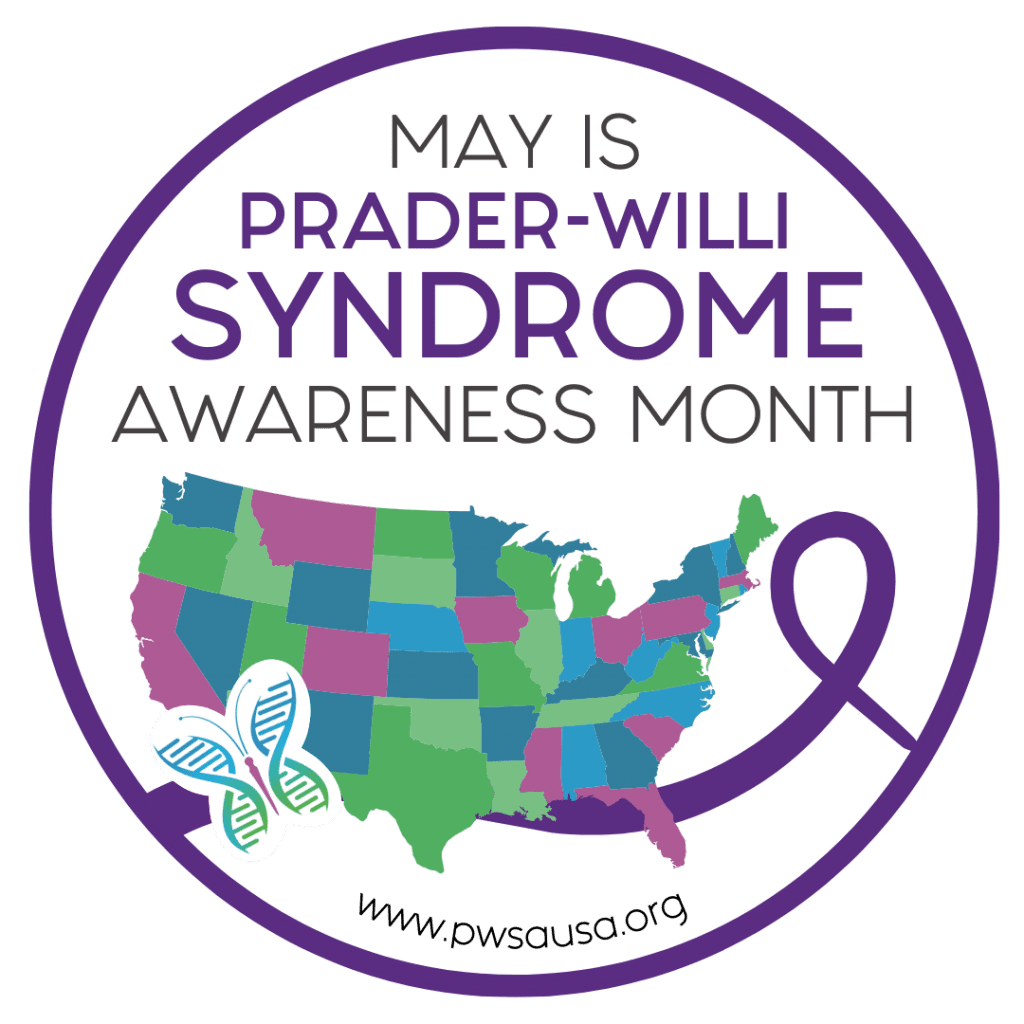
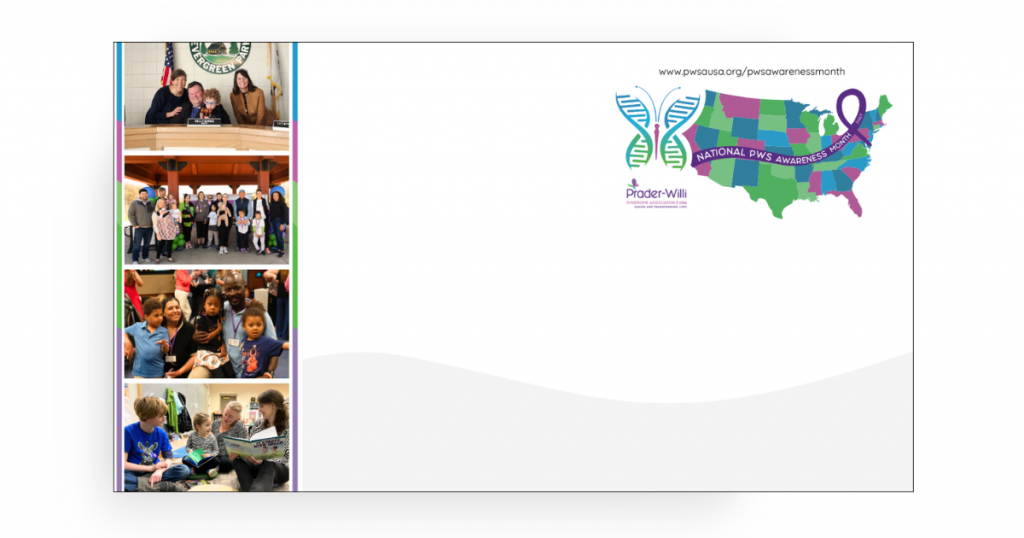




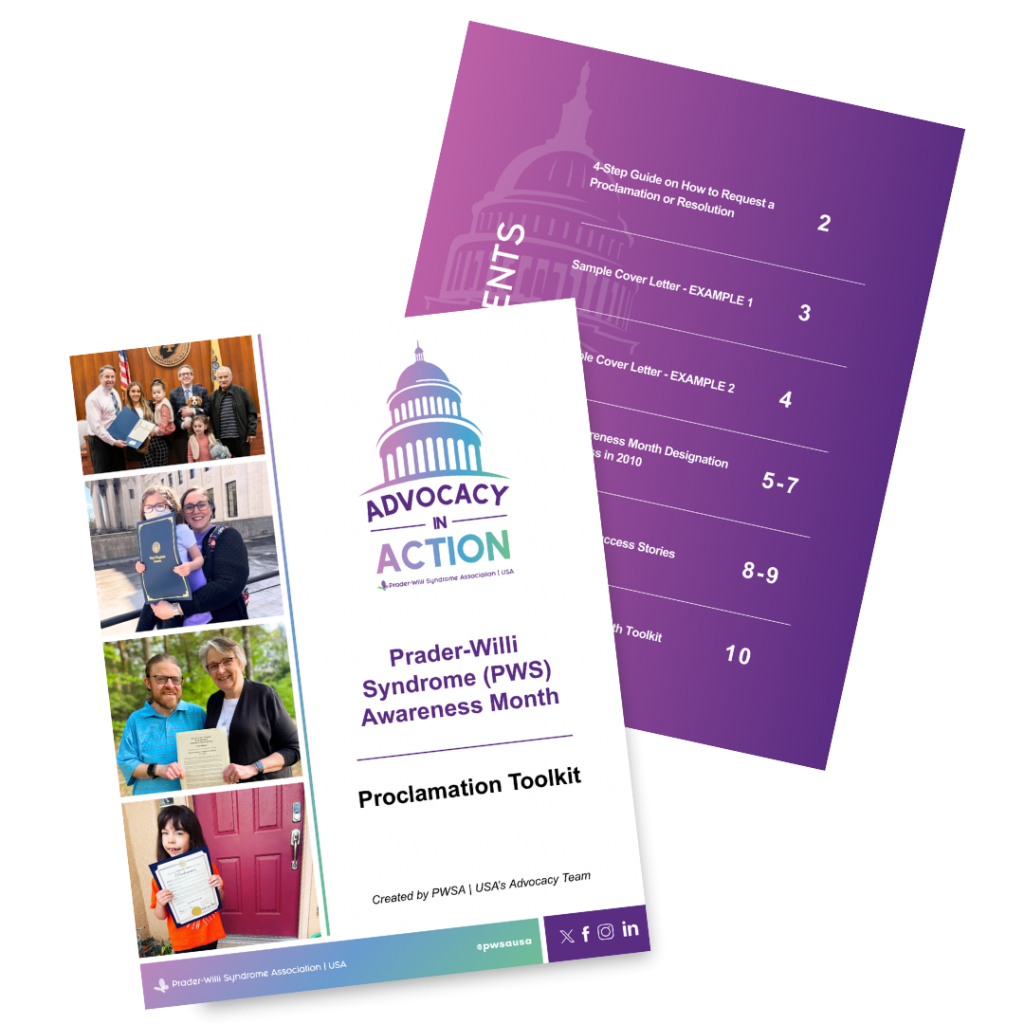
 Jennifer Bolander has been serving as a Special Education Specialist for PWSA (USA) since October of 2015. She is a graduate of John Carroll University and lives in Ohio with her husband Brad and daughters Kate (17), and Sophia (13) who was born with PWS.
Jennifer Bolander has been serving as a Special Education Specialist for PWSA (USA) since October of 2015. She is a graduate of John Carroll University and lives in Ohio with her husband Brad and daughters Kate (17), and Sophia (13) who was born with PWS. Perry A. Zirkel has written more than 1,500 publications on various aspects of school law, with an emphasis on legal issues in special education. He writes a regular column for NAESP’s Principal magazine and NASP’s Communiqué newsletter, and he did so previously for Phi Delta Kappan and Teaching Exceptional Children.
Perry A. Zirkel has written more than 1,500 publications on various aspects of school law, with an emphasis on legal issues in special education. He writes a regular column for NAESP’s Principal magazine and NASP’s Communiqué newsletter, and he did so previously for Phi Delta Kappan and Teaching Exceptional Children. Evan has worked with the Prader-Willi Syndrome Association (USA) since 2007 primarily as a Crisis Intervention and Family Support Counselor. Evans works with parents and schools to foster strong collaborative relationships and appropriate educational environments for students with PWS.
Evan has worked with the Prader-Willi Syndrome Association (USA) since 2007 primarily as a Crisis Intervention and Family Support Counselor. Evans works with parents and schools to foster strong collaborative relationships and appropriate educational environments for students with PWS. Dr. Amy McTighe is the PWS Program Manager and Inpatient Teacher at the Center for Prader-Willi Syndrome at the Children’s Institute of Pittsburgh. She graduated from Duquesne University receiving her Bachelor’s and Master’s degree in Education with a focus on elementary education, special education, and language arts.
Dr. Amy McTighe is the PWS Program Manager and Inpatient Teacher at the Center for Prader-Willi Syndrome at the Children’s Institute of Pittsburgh. She graduated from Duquesne University receiving her Bachelor’s and Master’s degree in Education with a focus on elementary education, special education, and language arts. Staci Zimmerman works for Prader-Willi Syndrome Association of Colorado as an Individualized Education Program (IEP) consultant. Staci collaborates with the PWS multi-disciplinary clinic at the Children’s Hospital in Denver supporting families and school districts around the United States with their child’s Individual Educational Plan.
Staci Zimmerman works for Prader-Willi Syndrome Association of Colorado as an Individualized Education Program (IEP) consultant. Staci collaborates with the PWS multi-disciplinary clinic at the Children’s Hospital in Denver supporting families and school districts around the United States with their child’s Individual Educational Plan. Founded in 2001, SDLC is a non-profit legal services organization dedicated to protecting and advancing the legal rights of people with disabilities throughout the South. It partners with the Southern Poverty Law Center, Protection and Advocacy (P&A) programs, Legal Services Corporations (LSC) and disability organizations on major, systemic disability rights issues involving the Individuals with Disabilities Education Act (IDEA), Americans with Disabilities Act (ADA), and the federal Medicaid Act. Recently in November 2014, Jim retired.
Founded in 2001, SDLC is a non-profit legal services organization dedicated to protecting and advancing the legal rights of people with disabilities throughout the South. It partners with the Southern Poverty Law Center, Protection and Advocacy (P&A) programs, Legal Services Corporations (LSC) and disability organizations on major, systemic disability rights issues involving the Individuals with Disabilities Education Act (IDEA), Americans with Disabilities Act (ADA), and the federal Medicaid Act. Recently in November 2014, Jim retired.